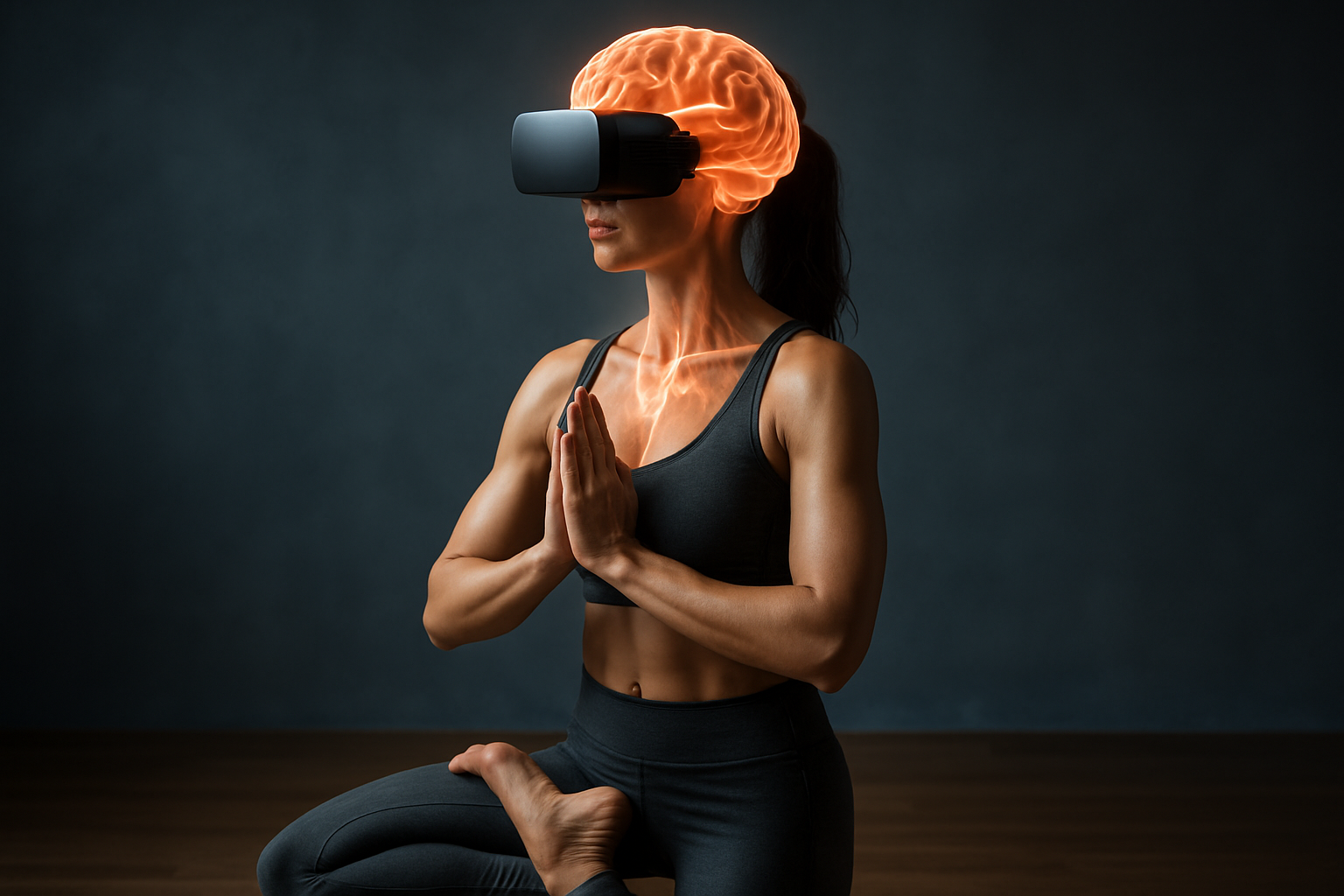Legal Implications of Deepfake Technology in Courts
Introduction: As digital manipulation technologies advance, the legal system grapples with a new challenge: deepfakes. These hyper-realistic fabricated videos and audio recordings pose unprecedented questions for evidence admissibility, witness credibility, and the very nature of truth in courtrooms. This article explores the complex legal landscape surrounding deepfakes and their potential to reshape judicial proceedings.

Legal Challenges in Evidence Authentication
The emergence of deepfakes presents significant challenges for the authentication of digital evidence in court. Traditionally, video and audio recordings have been considered reliable forms of evidence. However, the ability to create convincing fake content undermines this reliability. Courts now face the daunting task of developing new standards and procedures to verify the authenticity of digital evidence, potentially requiring advanced forensic analysis and expert testimony to distinguish between genuine and fabricated content.
Impact on Witness Testimony and Credibility
Deepfakes have the potential to severely impact witness credibility in legal proceedings. If a deepfake video contradicting a witness’s testimony were to be introduced in court, it could cast doubt on their entire account, even if the video is later proven to be fake. This raises concerns about the psychological impact on jurors and judges, who may struggle to disregard convincing but fabricated evidence. Legal professionals must now consider how to educate fact-finders about the existence and capabilities of deepfake technology to maintain the integrity of witness testimony.
Potential for Miscarriage of Justice
The introduction of deepfake evidence in legal proceedings carries a significant risk of miscarriage of justice. False convictions could result from convincing deepfake evidence that places an innocent person at a crime scene. Conversely, guilty parties might use deepfake technology to create alibi evidence, potentially leading to wrongful acquittals. The legal system must develop robust mechanisms to detect and exclude deepfake evidence to prevent such outcomes and maintain public trust in the judicial process.
Legislative and Regulatory Responses
Governments and legal bodies around the world are beginning to recognize the threat posed by deepfakes to the legal system. Some jurisdictions have started to introduce legislation specifically targeting the creation and use of deepfakes in legal contexts. These laws aim to criminalize the use of deepfakes to deceive courts, create penalties for submitting knowingly false digital evidence, and establish standards for the authentication of digital content in legal proceedings. However, the rapid pace of technological advancement often outstrips the speed of legislative action, creating ongoing challenges for lawmakers.
Technological Solutions and Forensic Advancements
To combat the threat of deepfakes in legal settings, significant resources are being invested in developing technological solutions. Forensic experts are working on advanced algorithms and tools to detect manipulated media, analyzing subtle inconsistencies that may not be visible to the human eye. Some proposed solutions include digital watermarking and blockchain-based verification systems to establish the provenance and integrity of digital evidence. The legal community is increasingly collaborating with tech experts to stay ahead of deepfake technologies and ensure the admissibility of genuine digital evidence.
Ethical Considerations and Professional Responsibility
The rise of deepfakes raises important ethical questions for legal professionals. Attorneys must now consider their duty to verify the authenticity of digital evidence they present in court, potentially requiring new standards of due diligence. Judges face the challenge of balancing the probative value of digital evidence against the risk of it being fabricated. Legal ethics boards and bar associations are beginning to address these issues, developing guidelines and continuing education programs to help legal professionals navigate the ethical minefield presented by deepfake technology.
Long-term Implications for the Legal System
As deepfake technology continues to advance, its long-term implications for the legal system are profound. The very concept of objective truth in legal proceedings may be called into question, potentially requiring a fundamental reevaluation of how evidence is presented and evaluated in courts. This could lead to increased reliance on corroborating evidence, expert testimony, and advanced forensic analysis. The legal system may need to adapt its procedures and standards of proof to account for the new reality of easily manipulated digital content, ensuring that justice can still be served in an era of technological uncertainty.






